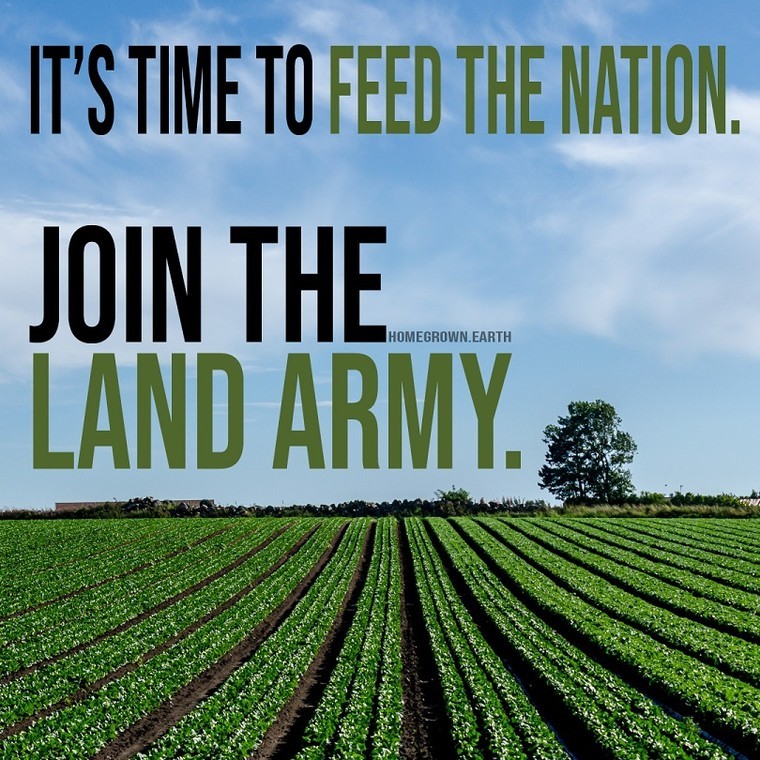Already, amid the current Covid-19 crisis, food availability is adapting as wholesalers move their operating focus from restaurants to homes, providing fruit and veg boxes to the door as a means of keeping their businesses afloat. The demand is there due to people staying at home and a lack of availability for supermarket deliveries and stock in the shops.
The food supply chain may have altered dramatically, but the base need for food is unchanged.
As the workforce stays home and many companies have already started to collapse, farms find themselves in need of tens of thousands of workers to harvest the food the nation needs. The British Growers Association estimates the UK needs 70,000 seasonal workers this year to help get this harvest in. Without these workers, it is just not possible to get the food out of the ground and into our supply chain, potentially resulting in food shortages.
There have been calls around the country for a way to connect farms with potential workers, but no network has existed to rapidly deploy large numbers of workers to where they are needed.
Many companies are working out how they can help during the Covid-19 pandemic with some brilliant stories of reusing knowledge and technology. UK-based Home Grown has quickly produced has launched the Land Army initiative, utilising their existing mapping technology.
The aim of the Land Army is to make the workforce and employers accessible to each other within minutes, minimising disruption to production and, wherever possible, keeping people in work. Farms and workers can put themselves on a map and see where local opportunities are. This method takes out the need for lengthy recruitment processes and centralised vetting from agencies, leaving the farms to recruit at the speed required.
Home Grown is a brand new UK initiative for farmers and local communities, which not only aims to reignite the pleasure of field to fork home grown produce but ensures local production is understood, addressing concerns around availability and quality as global food security becomes a high-profile issue. Using innovative technology, Home Grown is working with partners to bring farms and workers together in real-time – providing an easy-to-register operations centre which places workforce supply and demand on the map. If you have recently found yourself out of work and are able to join the Land Army (#landarmy on social media), then get yourself on the map.
Edwina Mullins, Vice-Chair for #ClubHectare, an online rural network, who is working with Home Grown to promote the initiative, said: “Helping our domestic sustainability is crucial. We have many people in the country out of work, especially in the hospitality, construction and retail industries. At the same time, we have farms desperate for workers. There is a need to build community relationships to create a thriving home marketplace for British farming and British workers. In these disruptive times, we all need new ways of thinking and dynamic engagement and I love the passion of this project to keep food on our plates during this difficult time.”
The chance to share how food is produced, what steps are taken to manage the countryside, and the importance of wildlife and livestock are at the forefront of the longer term Home Grown initiative.
James Patrick, Head of Service Delivery at Home Grown, said: “Home Grown is a starting point. A place where we can reach out beyond political divides and break through the noise of headlines to have real conversations about our countryside, our food supply, and our economy, and how it is all kept secure. We are connecting production and produce to the community in new sustainable ways. Elevating farms, farmers, and the community, and helping both to work as one unit – a land army – to feed the nation.”




